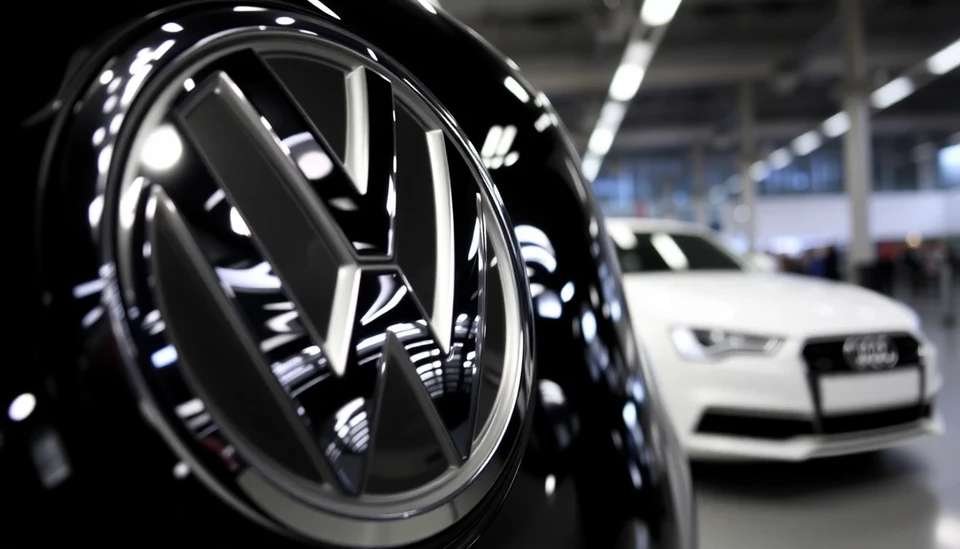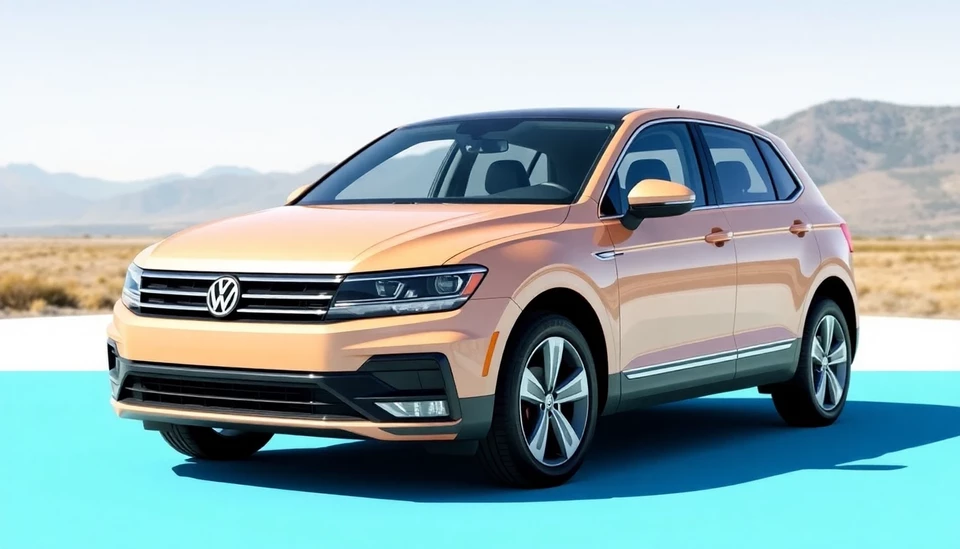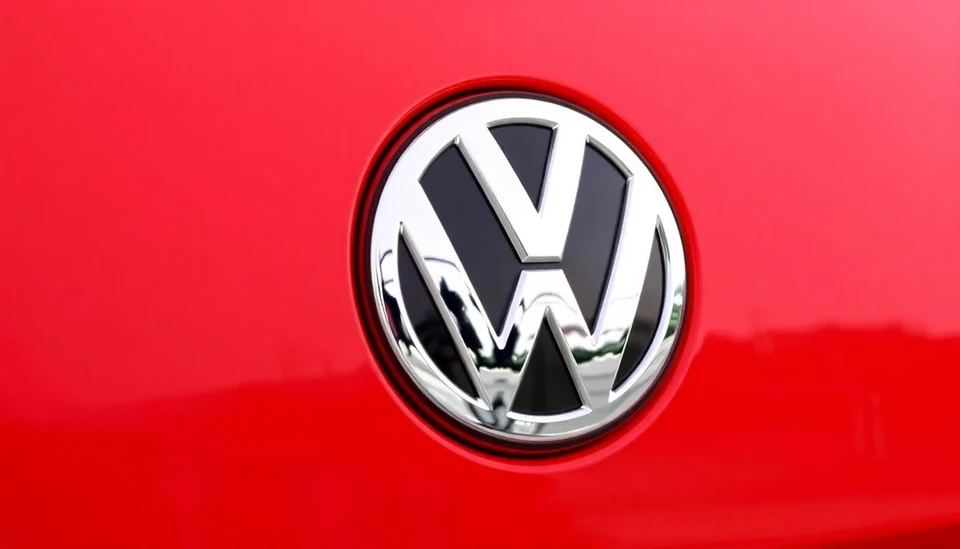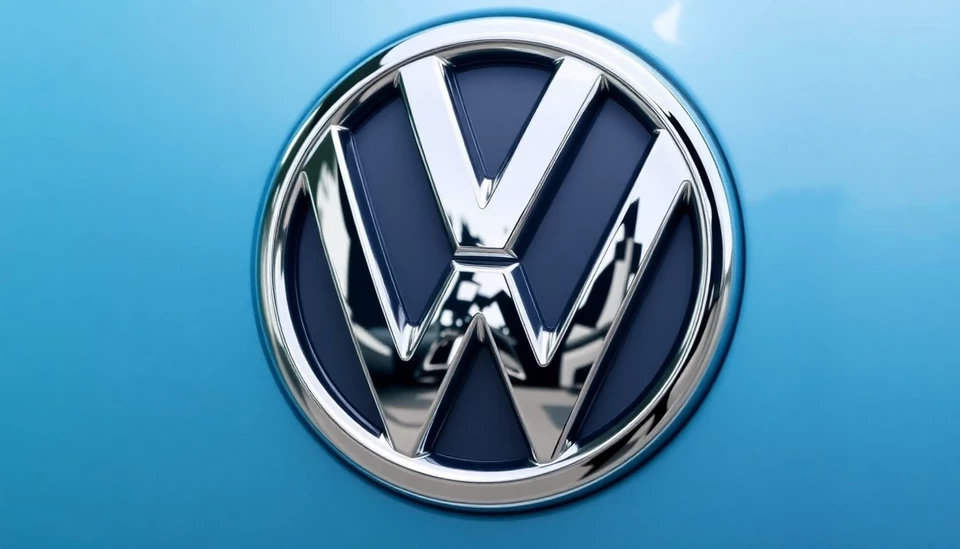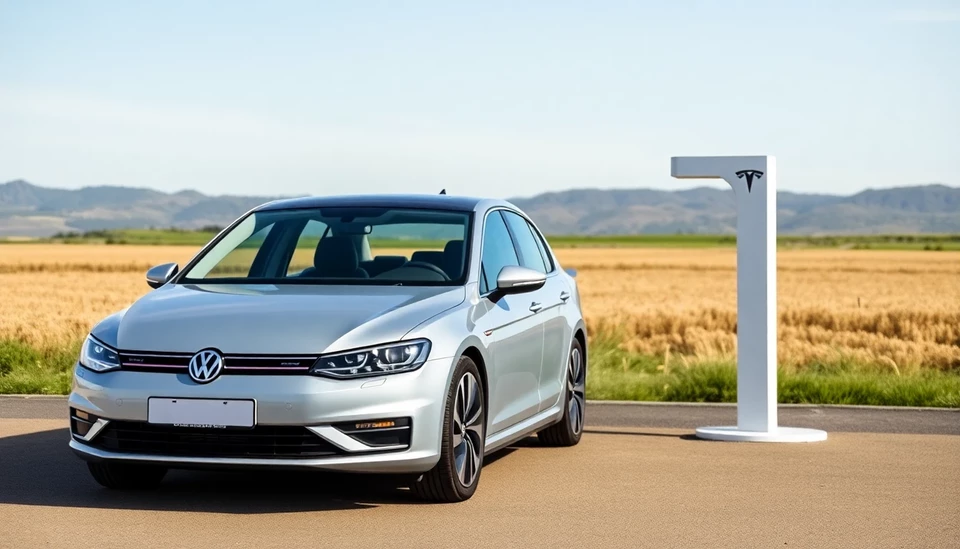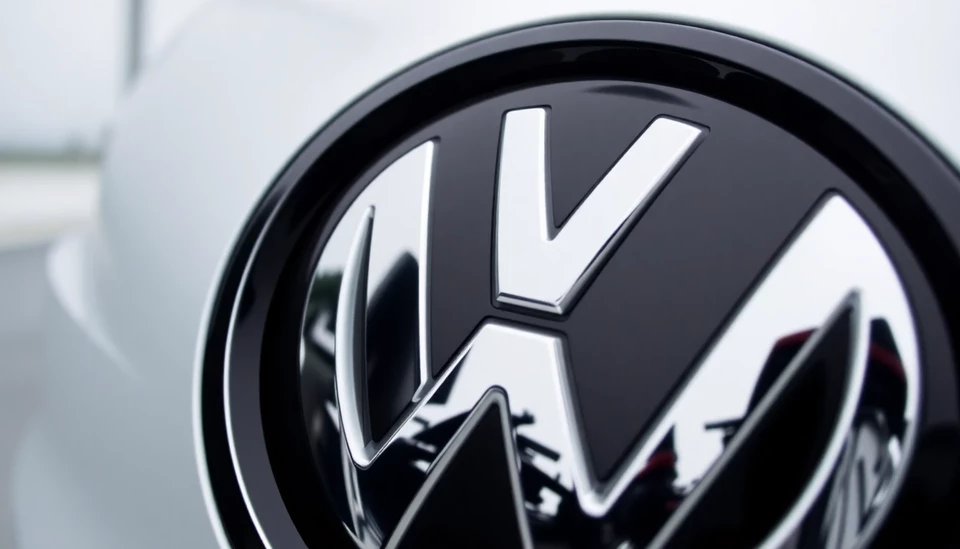
Volkswagen (VW) is currently navigating turbulent waters in its union negotiations as talks remain in a stalemate with no imminent resolution in sight. This deadlock arises as both sides grapple with complex issues amidst a changing automotive landscape. Key stakeholders express concerns that these ongoing negotiations could impact not only the job security of VW workers but also the company’s competitive position in the industry.
The negotiations, which have stalled for several months now, have been marred by a myriad of challenges. Central to the discussions are issues regarding wage increases, working conditions, and the future of jobs as VW pushes towards electrification—a shift that is causing widespread uncertainty among employees. The United Auto Workers (UAW) and other labor representatives have been urging the company for fairer compensation and assurances on job preservation as the industry evolves to meet climate goals.
Critics argue that VW’s resistance to meet union demands could lead to increased unrest among workers, a sentiment that is echoed in many factories across Germany and other parts of the world where VW operates. Union representatives have indicated that the current offers on the table from VW are insufficient, particularly in a time when inflation continues to erode workers' purchasing power. This has sparked frustrations among the workforce, with many feeling that their contributions to the company’s success should be recognized adequately.
Underpinning these negotiations is the larger context of the automotive sector's transformation towards electric vehicles (EVs), which requires significant investment and adaptation from all stakeholders involved. As VW strives to secure its future in this rapidly changing market, the company is also contending with the workforce’s fear of downsizing and job loss due to automation and shifting production priorities.
Negotiators are hopeful for a breakthrough, but as tensions rise, both sides appear to remain entrenched in their positions. VW has repeatedly communicated concerns over wage increases, citing the need to maintain financial stability amidst significant investments towards EV technology. On the other hand, the unions are adamant that job security and fair compensation are non-negotiable points, leading to a precarious impasse.
The deadlock in negotiations comes at a time when the broader automotive market is increasingly competitive, and companies are under pressure to innovate and reduce costs. As VW finds itself at this crossroads, the outcome of these negotiations could have lasting implications for both its employees and the company’s long-term strategic directions. A failure to reach an agreement could not only provoke unrest among the workforce but could also hinder VW’s ability to attract and retain talent in a key transitional phase for the industry.
In summary, while discussions continue, the future of VW’s labor relations hangs in the balance as both sides must navigate their positions carefully to avoid further escalations. The resolution of these talks will not only impact VW’s workforce but can also serve as a precedent for other manufacturers within the industry facing similar transformations.
As the negotiations persist, all eyes will remain on VW to see how it balances the demands of its employees with the pressing need for corporate adaptability in an increasingly electrified automotive world.
#Volkswagen #UnionNegotiations #AutoIndustry #LaborRelations #ElectricVehicles #VW #Wages #JobSecurity #UAW
Author: John Harris
